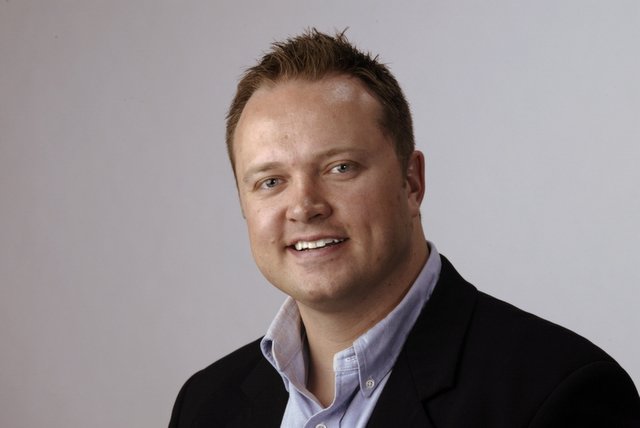My latest from the Calgary Herald
Calgary Herald
Friday, June 30, 2006
Page: A26
Section: The Editorial Page
Byline: Dave Ryan
Source: For The Calgary Herald
In spite of the increase at the pumps this long weekend, Canadians should stop whining and complaining about the price of gas.
It has become a Canadian pastime to protest the price of gas, particularly on long weekends when we feed our recreational gas-guzzlers.
But the complaints we hear about the high cost of gas, that it never comes down once it goes up and predatory pricing just aren't true.
I recently went to my local gas station and filled the 50-litre tank in my SUV. Gas was $0.994 per litre that day.
Had I filled the tank from empty, it would have cost $49.70.
In Alberta, we pay a nine-cent provincial tax and a 10-cent federal excise tax -- so about one-third of the price of a litre of gas is tax, leaving the actual cost of a litre around 70 cents (not including GST). Excluding these taxes, it costs me about $35 to fill my 50-litre tank.
I checked the price of some other consumer products at the gas station. Milk was $2.18 per litre, orange juice $2.78 per litre, and Coke was $1.89 per litre.
I also bought a large coffee from Tim Hortons which works out to $3.75 per litre. Coffee from the Starbucks across from my office costs 4.95 per litre.
Gas seems expensive because we buy it many litres at a time, but it's still comparatively cheap. If I'd filled my tank with Tim Hortons coffee, it would cost $187.50.
A gassuccino is much cheaper than a cappuccino.
What about the oft-heard complaint that gas prices are always on the rise?
The price of everything is on the rise. After adjusting for inflation, that $1.89 litre of Coke was 11 cents in 1914.
So even without gas companies increasing prices, there would be an increase in price from year to year. Just accounting for inflation and not price increases, government taxes or geopolitical forces, gas that cost 50 cents in 1996 would cost 62 cents today.
And the price of gas does come back down after it rises.
Calgary based MJ Ervin & Associates Inc. provides a weekly analysis of gas price trends. Their research shows that in 2005, gas prices in Calgary varied anywhere from 70 cents to 110.9 per litre.
After gas reached the yearly high of 110.9, it lowered to 103.4 the following week, then went to 103.9 for the following two weeks. Like every other commodity, price slowly increases over time, but it is a myth that once gas prices go up they never come down.
If what people are complaining about is that prices never go down to their original price, this is true, but neither do other commodities.
Pretty hard to find an 11-cent pop nowadays. At least with the fluctuation of gas prices, the cost will dip lower from time to time. The milk, coffee and orange juice prices listed above are never going to fluctuate downward.
There are websites that post the cheapest gas prices in town. People are so programmed to fear gas prices, they will drive across town to save two cents per litre.
Think about this. If I saved two cents per litre filling my 50-litre tank, I'd save a dollar. In case you haven't guessed, you burn off the buck you save driving across town for that two-cent discount -- probably stopping for a $3.75 per litre double-double on the way.
If all this doesn't assuage your fears, last March Canada's Competition Bureau released its findings on an examination of predatory pricing and margin squeezing in the gasoline industry.
Richard J. Taylor, deputy chief commissioner of competition for the branch, reported, "We have found no evidence of a national conspiracy to fix gasoline prices."
Hopefully, this will put some of the hysteria over gas prices to rest and people can find something else to complain about over the campfire this long weekend.
But if you think everything I have said above is a bunch of hogwash, save yourself some money on gas by scrunching up this column and using it as kindling for your campfire -- my hot air is a cheap alternate fuel source!
Dave Ryan is an investigative humourist.

